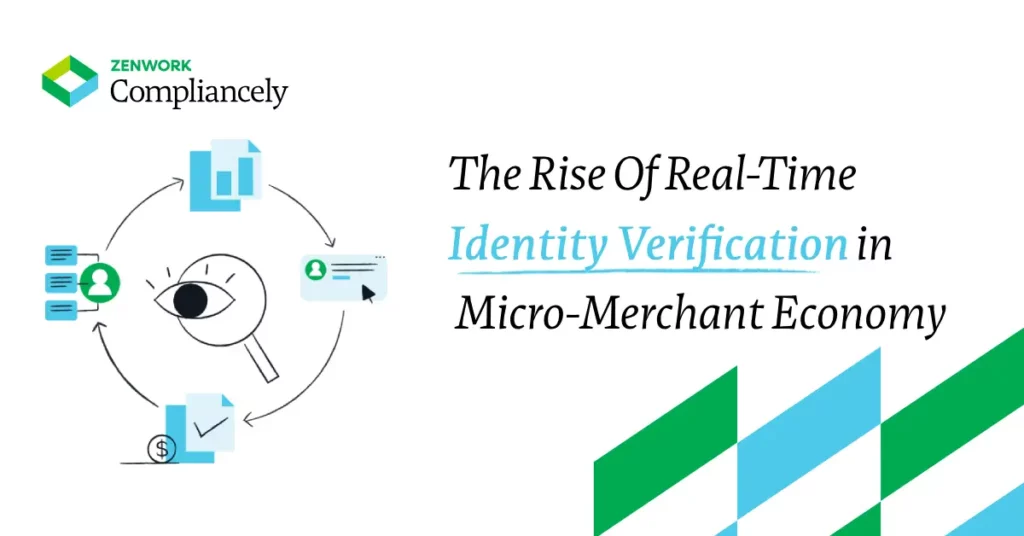
The Rise Of Real-Time Identity Verification in Micro-Merchant Economy
Micro-merchants, as we know, are micro-business owners who typically sell goods or services at a lower value than the typical margin in the market.
Think of a nanny, a freelance copywriter, or a web designer who provides their services for $25 or less. All of these self-employed professionals, in some way or another, are micro-merchants because their gross earnings per month are $1000 or less with transaction volumes below 100. Some merchants make up to $5000 with just 3 or 4 transactions a month.
Due to the instability and the unpredictability of the micro-merchant market segment, micro-merchants have always been avoided by payment processors. This forces the merchants to opt for cash-only transactions because digital payment processors come with processing fees, high equipment rental costs, service fees, and transaction fees – which micro-merchants can’t afford in the long run.
Even established merchants steer clear of payment processors to incentivize cash payments. However, due to the increased awareness of money laundering and ATF momentum, financial regulatory bodies are encouraging payment processors to onboard micro-merchants at feasible costs.
The AML directives dictate that cash transactions do not only create an influx of unreported income but also make room for corrupt tax practices. Intending to address non-compliance issues and to change the narrative around the micro-merchant economy, micro-merchants are now approaching digital payment processing companies that are offering a suite of payment processing solutions at reasonable costs.
Today, we will discuss how identity verification and identity validation can help payment processors with micro-merchant onboarding.
Identity Verification For Onboarding Micro-merchants
The inability to afford payment processing hardware and software is only one side of the coin. Micro-merchants are usually excluded from the digital payment processing ecosystems due to their size and remoteness.
Now that the narrative is shifting with many digital payment processors proactively onboarding micro-merchants, identity crisis is the number one issue for payment processors and micro-merchants. While some micro-merchants are established and licensed in some shape or form, some micro-merchants do not have any unique identity with major interests in cash-only transactions.
This is why identity verification solutions are finding their niche in the digital payment processing ecosystem, where there is a sudden influx of micro-merchants with unverified identities.
Compliancely’s Real-Time Identity Verification Infrastructure For Digital Payment Processors
At this time, what digital payment processors need is a reliable, scalable, and simple identity verification infrastructure that can be digitized to meet the identity verification requirements of the most remote merchants.
The disorganized data of micro-merchants must be organized in order to conduct due diligence and assess risk, and for this, simple click-to-go solutions just won’t do.
Compliancely, a highly scalable identity verification powerhouse enables entities like you to authentically validate the identities of individuals and entities in real-time in just a few minutes. With real-time identity verification, you can scale up your micro-merchant identity verification as you onboard more profiles and come across more complex diligence cases.
